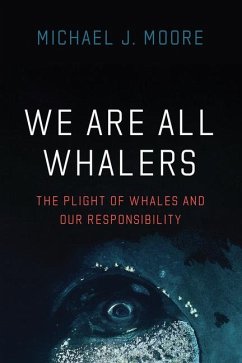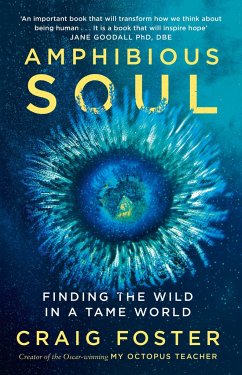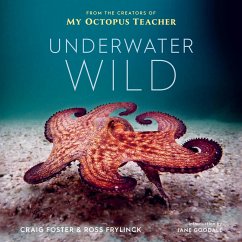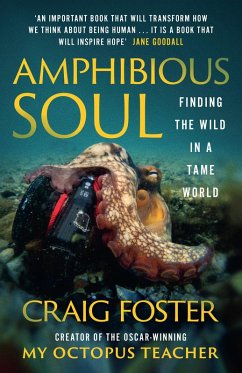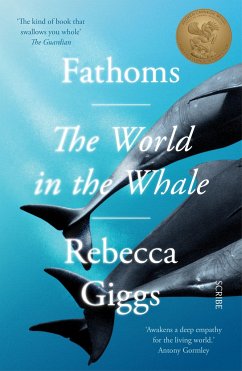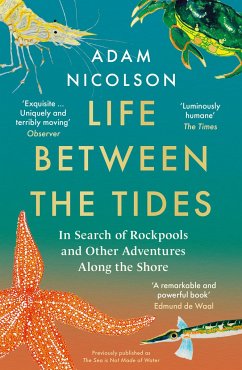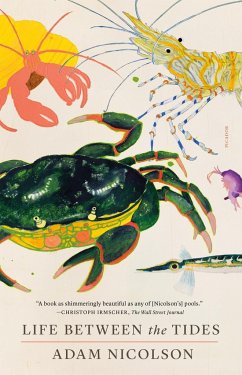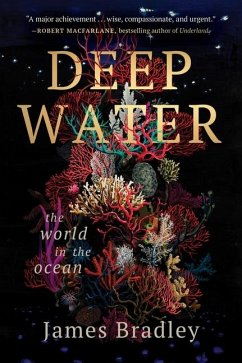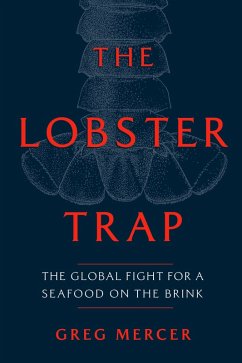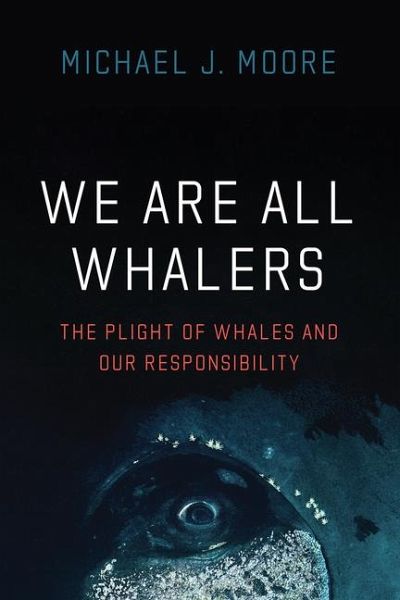
We Are All Whalers
The Plight of Whales and Our Responsibility
Versandkostenfrei!
Versandfertig in 2-4 Wochen
25,99 €
inkl. MwSt.
Weitere Ausgaben:

PAYBACK Punkte
13 °P sammeln!
Relating his experiences caring for endangered whales, a veterinarian and marine scientist shows we can all share in the salvation of these imperiled animals. The image most of us have of whalers includes harpoons and intentional trauma. Yet eating commercially caught seafood leads to whales' entanglement and slow death in rope and nets, and the global shipping routes that bring us readily available goods often lead to death by collision. We-all of us-are whalers, marine scientist and veterinarian Michael J. Moore contends. But we do not have to be. Drawing on over forty years of fieldwork wit...
Relating his experiences caring for endangered whales, a veterinarian and marine scientist shows we can all share in the salvation of these imperiled animals. The image most of us have of whalers includes harpoons and intentional trauma. Yet eating commercially caught seafood leads to whales' entanglement and slow death in rope and nets, and the global shipping routes that bring us readily available goods often lead to death by collision. We-all of us-are whalers, marine scientist and veterinarian Michael J. Moore contends. But we do not have to be. Drawing on over forty years of fieldwork with humpback, pilot, fin, and, in particular, North Atlantic right whales-a species whose population has declined more than 20 percent since 2017-Moore takes us with him as he performs whale necropsies on animals stranded on beaches, in his independent research alongside whalers using explosive harpoons, and as he tracks injured whales to deliver sedatives. The whales' plight is a complex, confounding, and disturbing one. We learn of existing but poorly enforced conservation laws and of perennial (and often failed) efforts to balance the push for fisheries profit versus the protection of endangered species caught by accident. But despite these challenges, Moore's tale is an optimistic one. He shows us how technologies for ropeless fishing and the acoustic tracking of whale migrations make a dramatic difference. And he looks ahead with hope as our growing understanding of these extraordinary creatures fuels an ever-stronger drive for change. For more information on Moore's book and research, please visit his webpage at the Woods Hole Oceanographic Institution.




